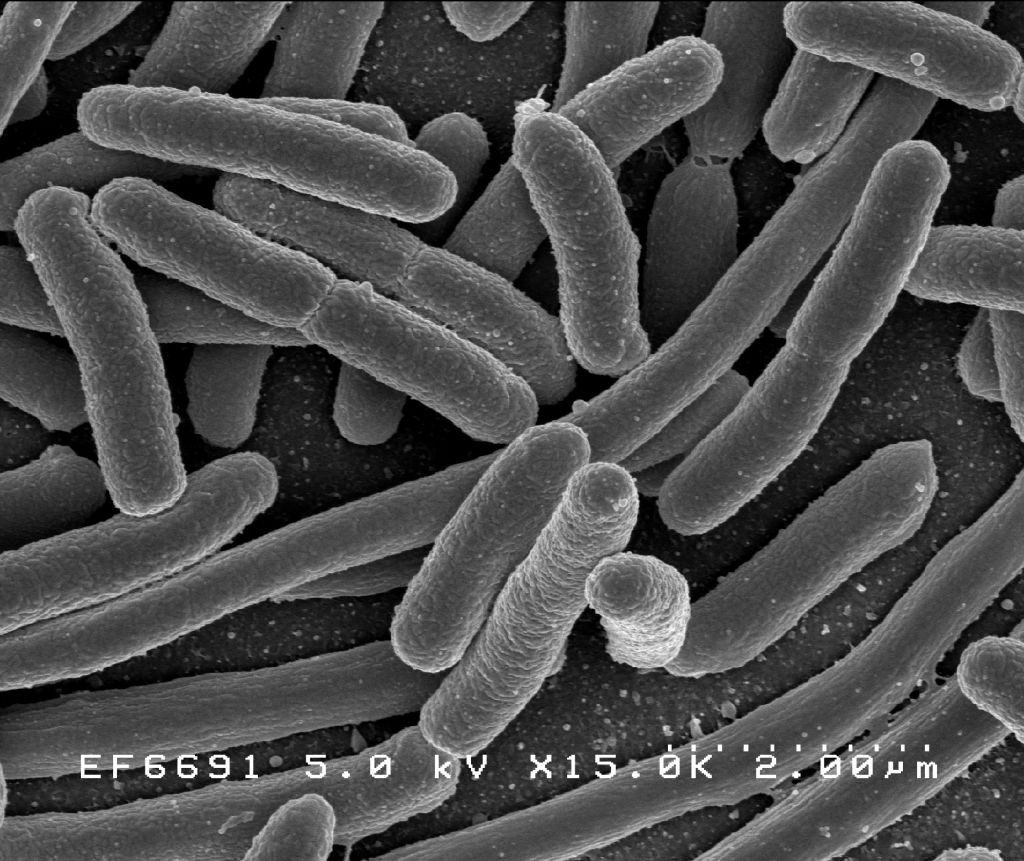In a recent study, children with multiple sclerosis had differences in abundance specific bacteria than children without disease.
Gut flora (gut microbiota, or gastrointestinal microbiota) is the complex community of microorganisms that live in the digestive tracts of humans and other animals, including insects. The gut metagenome is the aggregate of all the genomes of gut microbiota. The gut is one niche that human microbiota inhabit.
“While these findings are preliminary, they are intriguing. We also observed some similarities between our findings and other emerging gut microbiota studies in multiple sclerosis; whether these indicate a ‘gut signature’ of multiple sclerosis or of broader autoimmune disease remains to be determined,” said Professor Helen Tremlett, lead author of the European Journal of Neurology study. “We also found differences in the gut microbiota composition between those children taking a disease-modifying drug for their disease compared with those who were not. This finding warrants further study.”

 Telehealth Services
Telehealth Services Acupuncture
Acupuncture 3D Body Scanning
3D Body Scanning